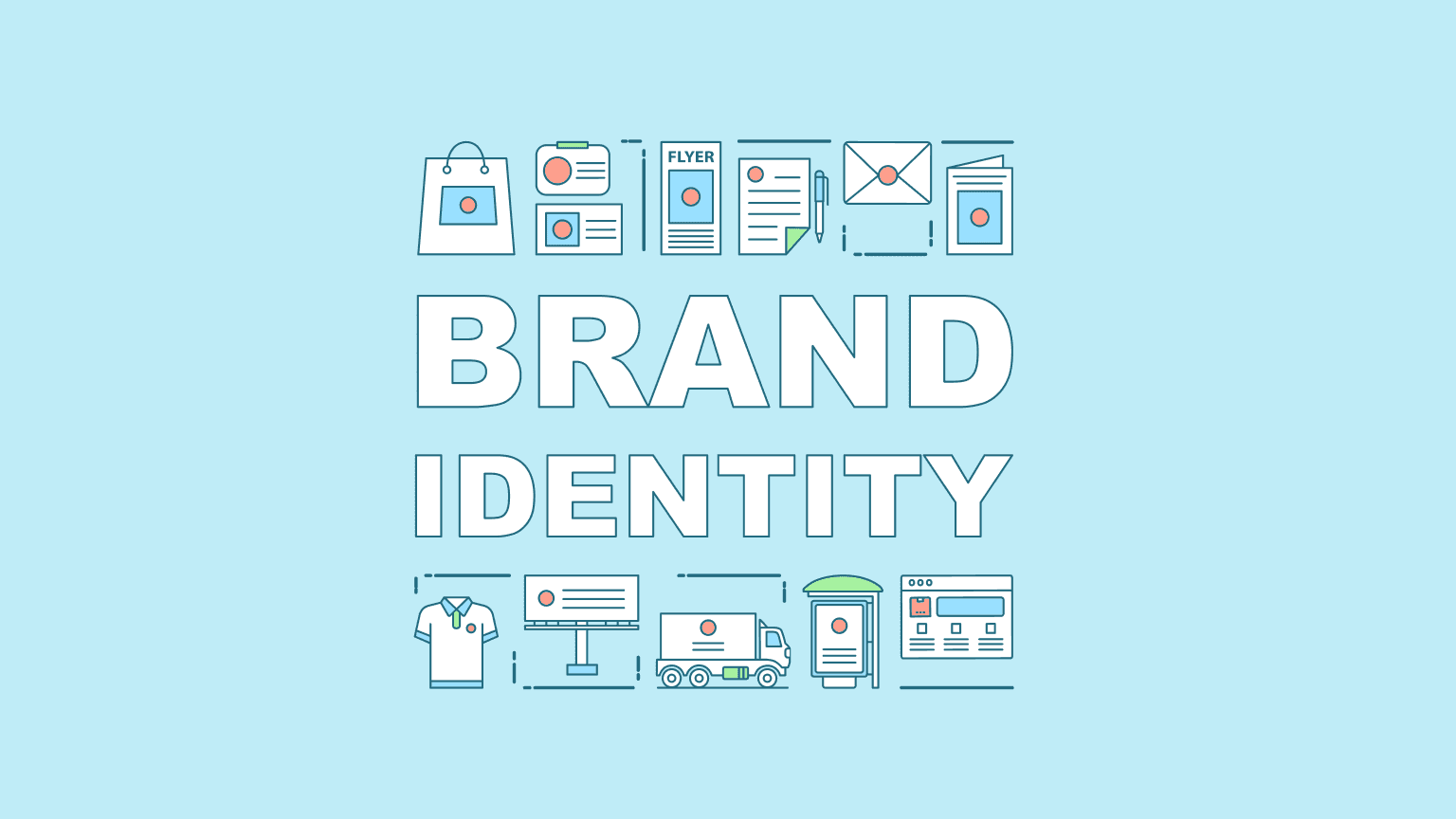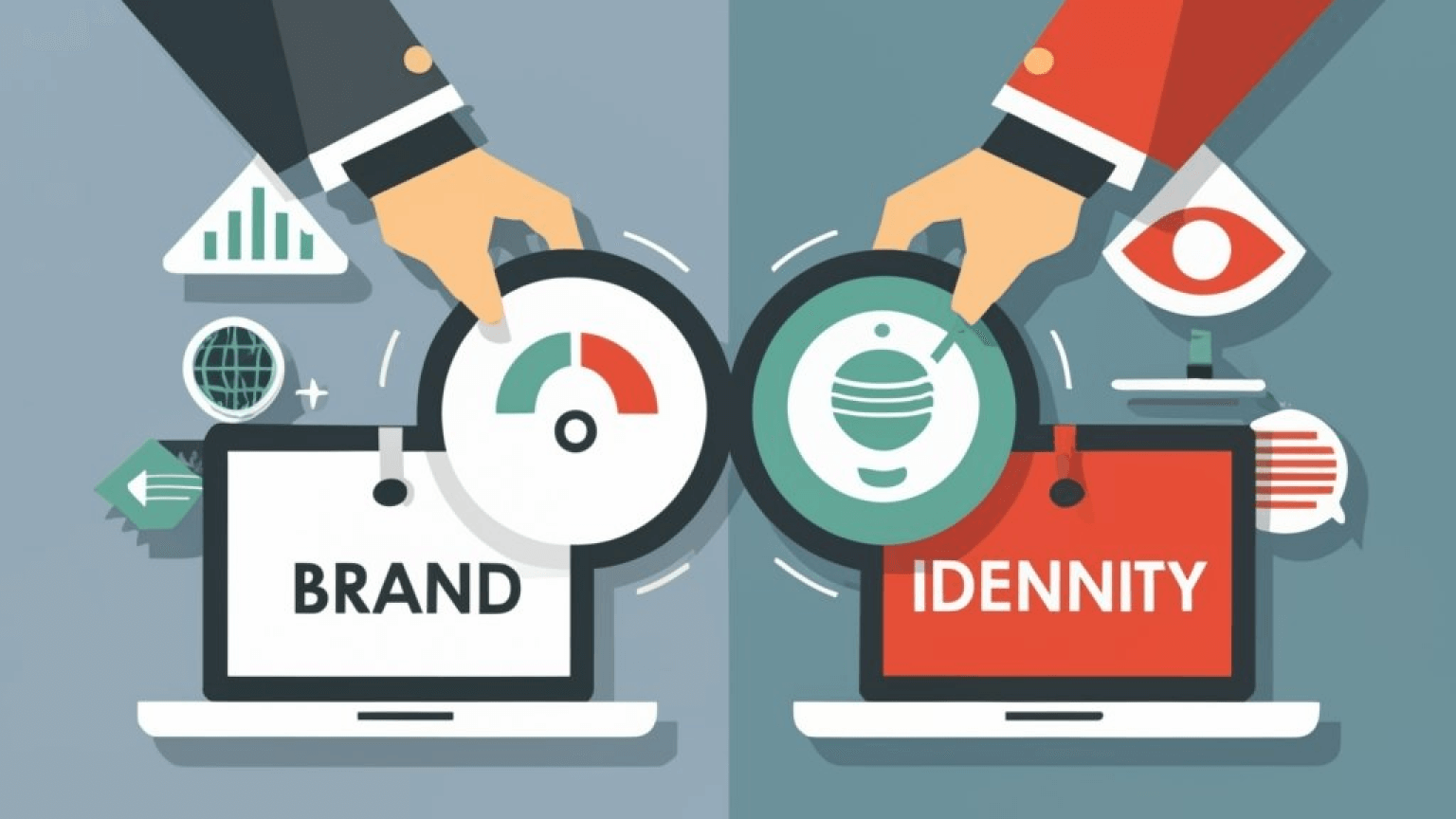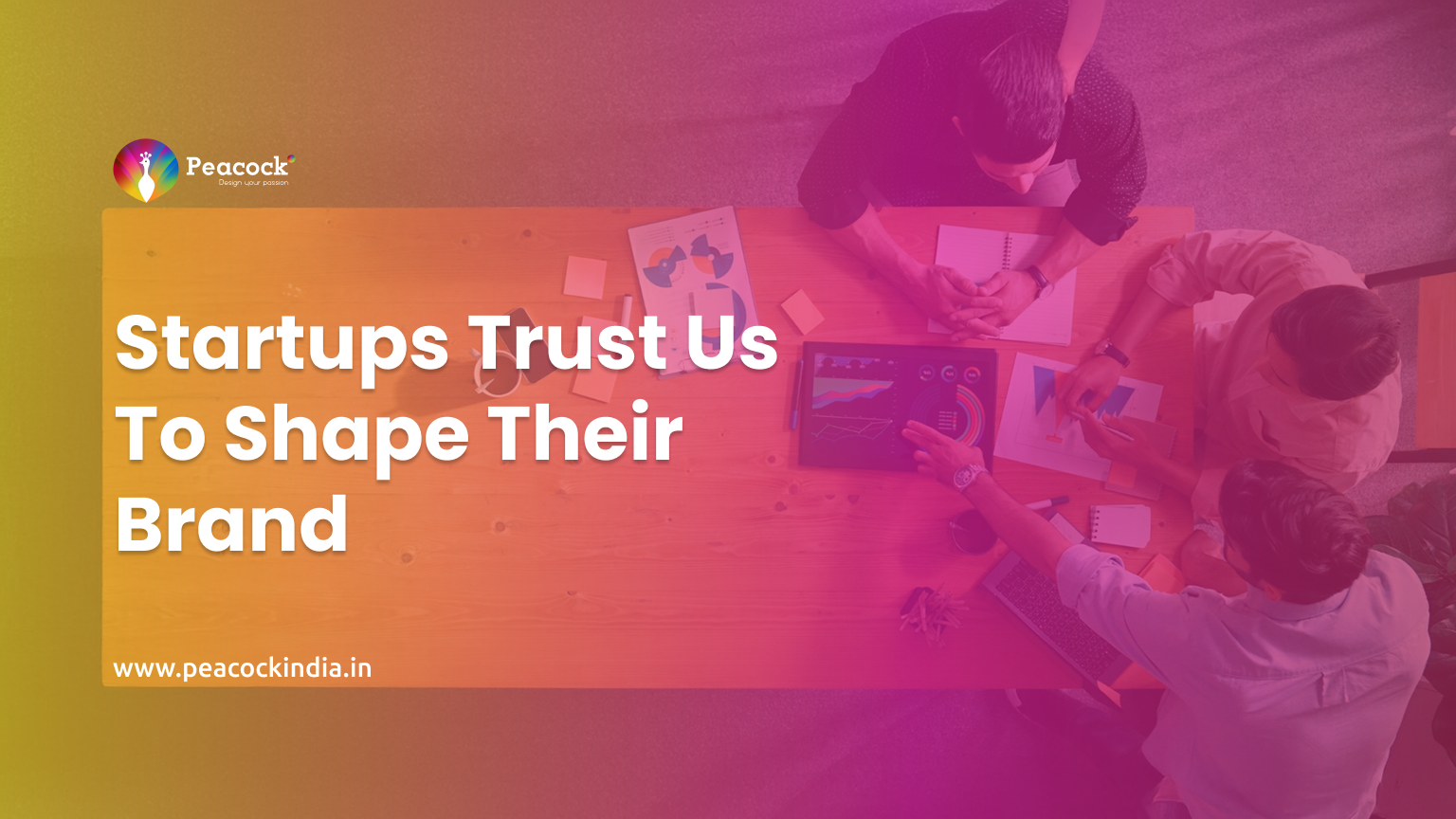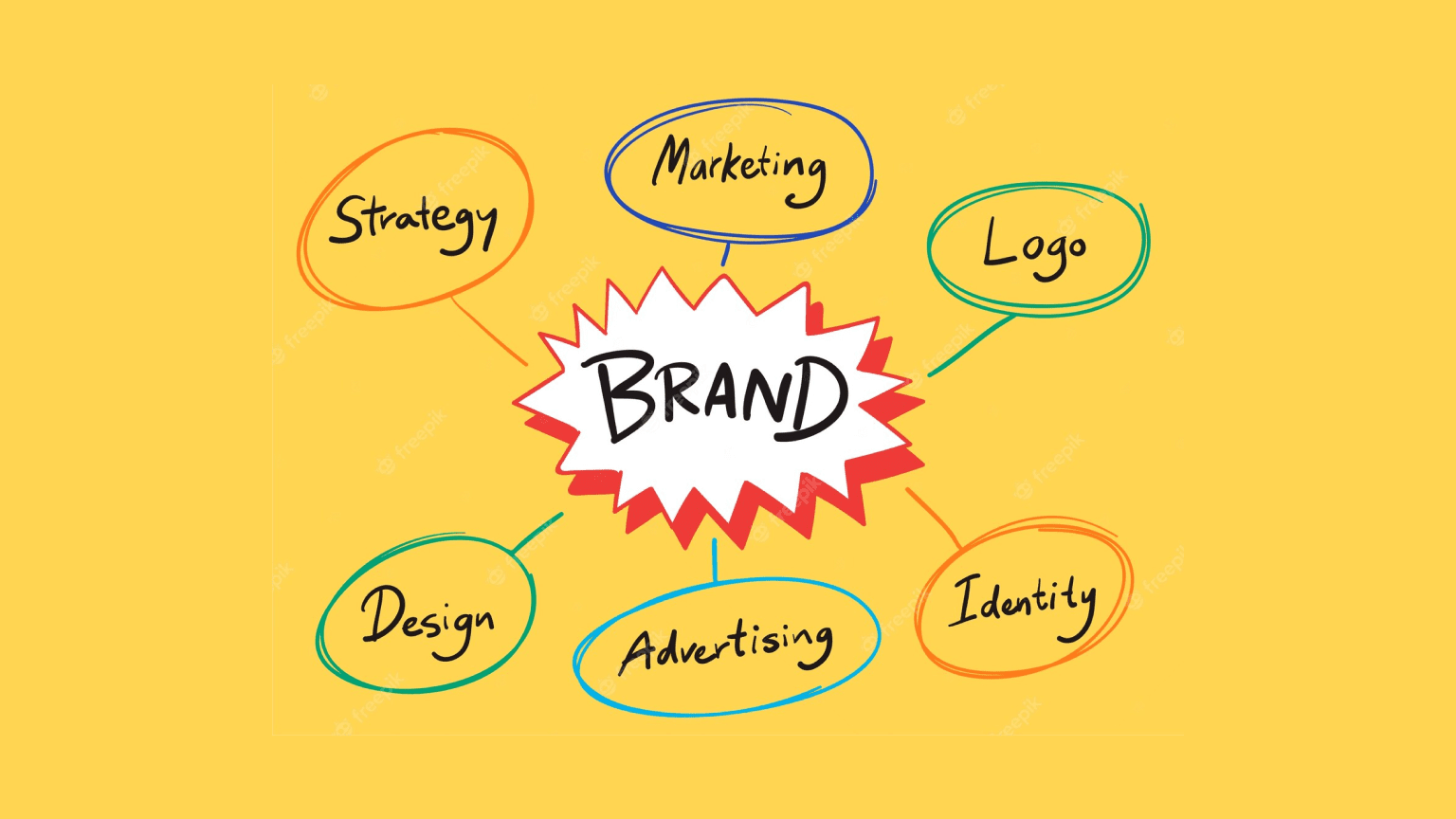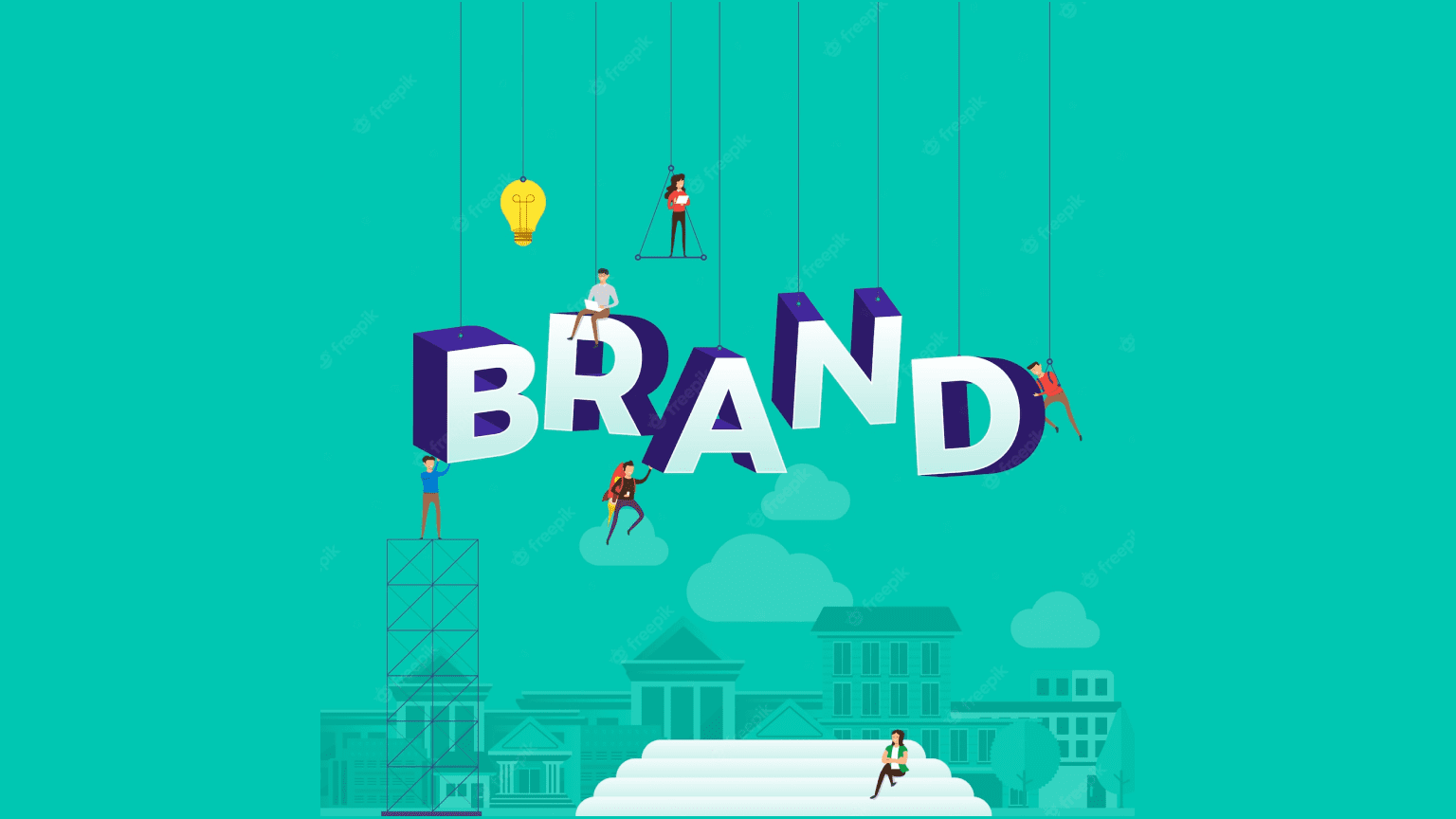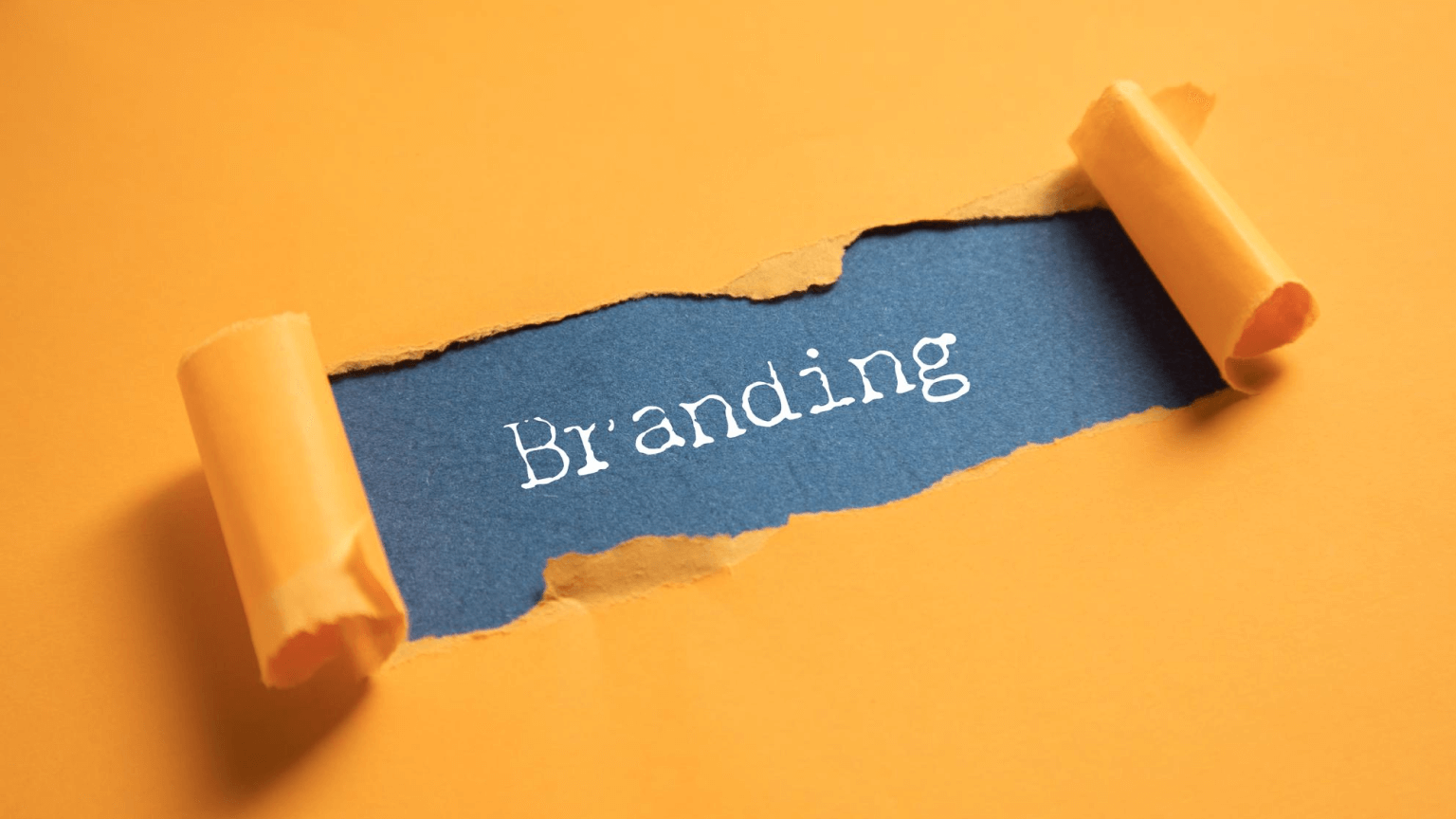In the world of marketing, storytelling has emerged as a powerful tool to communicate a brand's message and values. While brand storytelling has been typically associated with consumer marketing, it has also become an essential strategy for B2B companies looking to establish an emotional connection with their audience. In this article, we'll explore the critical role of B2B brand storytelling and how crafting effective brand storytelling can be a game-changer in communication tactics, specifically for storytelling for B2B companies.
Key Takeaways
- B2B brand storytelling is crucial for communicating a brand's message and values effectively.
- Storytelling not only helps in creating an emotional connection with the audience but also fosters transparent and authentic communication.
- A compelling narrative can help differentiate a B2B brand in a competitive market and strengthen brand recall.
- Even B2B businesses can benefit from blending data-driven facts and figures with narratives to create engaging content.
- Implementing storytelling principles across various marketing channels can help create a consistent brand message and measurable results.

The art of storytelling in b2b marketing
In this section, we'll delve into the subtleties and significance of storytelling in B2B marketing. It's important to emphasize that storytelling is not just for consumer brands; it's a crucial strategy for businesses in their communications with other businesses as well. We'll illuminate how brand storytelling strategies help in the presentation of a brand's value proposition and how it fosters engaging and persuasive communications that can captivate a business audience, often considered more rational and data-driven.
One might assume that storytelling is strictly reserved for B2C companies, while businesses communicating with other businesses tend to focus on raw data and numbers. However, this assumption discounts the fact that storytelling for business brands plays a vital role in B2B marketing, creating emotional connections and conveying complex information in a digestible and engaging manner.
Positioning a brand as a problem-solver within a story can make it more relatable and persuasive to decision-makers. By incorporating storytelling into B2B marketing efforts, businesses can humanize their brand, allowing their target audience to connect with their mission and values on a deeper level. This, in turn, can contribute to fostering long-lasting relationships and building brand loyalty.
Moreover, storytelling allows B2B marketers to break free from jargon-heavy, dull presentations, and transform them into engaging narratives that cater to the inherent human affinity for stories. As a result, B2B marketers can expect higher engagement rates, increased message retention, and stronger, longer-lasting connections with their audience when they leverage the power of storytelling in their campaigns.
In conclusion, storytelling is not exclusive to B2C marketing. Adopting brand storytelling strategies in the context of B2B marketing can help businesses create more engaging, persuasive, and memorable communications that resonate with other businesses. It's time for B2B companies to embrace the art of storytelling and unlock its potential to transform their marketing efforts.
Why effective brand storytelling is key for b2b companies
In this pivotal section, we will explore three main reasons why storytelling is a vital component for B2B companies. Corporate storytelling can help build trust with knowledgeable and professional audiences, differentiate brands in a competitive market, and create memorable experiences to strengthen brand recall. Let's dive into each of these aspects in more detail.
Building trust with b2b audiences
One of the challenges for B2B companies is establishing trust and credibility with their target audience. Corporate storytelling can be a powerful tool to achieve this by creating transparency and authenticity around a brand. By sharing genuine stories about the company's origin, values, and mission, businesses can humanize their brand and form deeper connections with their audience. This honest approach to communication can foster trust and build long-lasting relationships between businesses and their partners or customers.
Differentiating your brand in a competitive market
In today's competitive marketplace, it's essential for B2B companies to stand out from the crowd. Effective brand storytelling can set a brand apart from its competitors by offering unique narratives that captivate the target audience. By crafting engaging stories that highlight a company's products or services, businesses can convey their value proposition in a way that resonates with potential clients, making it more likely that they choose to work with the brand. Ultimately, storytelling allows B2B companies to differentiate themselves and capture the attention of their target market.
Creating memorable brand experiences
Create lasting impressions by using storytelling to generate memorable experiences that strengthen brand recall. When a B2B company shares its story in a compelling and relatable manner, it remains etched in the minds of its audience. These positive associations foster an emotional connection, making it more likely that potential clients will remember and choose the brand in the future. By incorporating storytelling into their marketing efforts, B2B companies can ensure that not only do they create a lasting impact, but also set the stage for long-term success and growth.

Key elements of a successful b2b brand story
Creating a compelling and effective brand story involves incorporating several crucial elements that resonate with b2b audiences. Let's explore these key ingredients and understand how they contribute to a successful brand narrative that captivates the hearts and minds of your business partners.
Firstly, relatable characters are indispensable to storytelling in b2b marketing. Incorporate a character that embodies the brand's values and can put up a face for your audience to empathize with. This could be the founder, a team member, a satisfied customer, or even the business itself. Nurturing a connection with the audience can lead to deeper trust and loyalty.
Next, conflict resolution is a vital aspect of brand storytelling strategies. Real-life situations showcasing the challenges faced by businesses and how your brand provides solutions can form the backbone of a compelling story. By addressing common pain points, your narrative will create an emotional connection with the audience, highlighting the benefits of your product or service in a tangible context.
An engaging and memorable plot elevates a brand story by capturing the imagination of the audience. Effective brand storytelling conveys the brand's journey by revealing its core values and ethos through a captivating series of events. Every turning point and challenge faced by the brand adds depth to the story and creates an opportunity for potential clients to learn about the problem-solving capabilities of your company.
Lastly, b2b marketing should not underestimate the power of emotional connection. Despite being within the sphere of business-to-business interactions, decision-makers are still human beings driven by emotions and values. By presenting an authentic tale laced with emotional triggers, your story can influence decision-making processes and foster long-term brand loyalty.
To summarize, a successful b2b brand story balances relatable characters, conflict resolution, a memorable plot, and emotional connection. It is essential to recognize the potential these elements hold in crafting a powerful narrative that leaves a lasting impression on your business audience and paves the way for meaningful relationships.
Storytelling for business brands: bringing data to life
In today's business environment, data-driven decision making is crucial. However, overwhelming your audience with raw numbers and statistics can result in disengagement and missed opportunities. This is where the power of corporate storytelling and storytelling for business brands comes into play. By effectively transforming data into compelling narratives and employing visual storytelling techniques in B2B marketing, you can make these numbers resonate on a human level.
Humanizing data through narratives
One of the major challenges businesses face when presenting data is making it relatable and understandable. The key to successfully humanizing data is to craft stories that illustrate the significance of the numbers you present. By doing so, you provide context and allow your audience to make an emotional connection with the information. This, in turn, fosters better comprehension and engagement with the data presented.
Using customer success stories to illustrate impact
Choosing to showcase customer success stories can significantly contribute to your corporate storytelling efforts. These real-world examples of how your products or services have positively impacted your customers give your audience tangible evidence of your brand's value. By relating your data with a human aspect, you can illustrate the impact of your offerings and create a powerful, memorable message that resonates with your target audience.
Visual storytelling techniques in b2b marketing
Incorporating visual storytelling techniques into your B2B marketing strategy can aid in delivering complex data in a more digestible and intriguing format. Utilizing visuals such as infographics, charts, or even video content can help your audience more easily understand and retain the information you share. The combination of strong visual content and a well-crafted narrative can boost engagement, drive user actions, and leave a lasting impression on your audience.
Ultimately, effectively blending data and storytelling in your B2B marketing efforts can maximize the impact of your brand's message. By humanizing data through narratives, leveraging customer success stories, and incorporating visual storytelling techniques, you will create a powerful and compelling story that leaves an indelible mark on your target audience.

B2b brand storytelling strategies and best practices
In this section, we explore actionable strategies and best practices to elevate your storytelling for b2b companies. By following these guidelines, you can craft powerful narratives, seamlessly integrate them into your marketing channels, and measure their impact for constant improvement.
Identifying your core brand messages
To excel in corporate storytelling, it's vital to identify your core brand messages. Begin by defining your company's mission, vision, and values. From there, consider your unique selling propositions and the problems your products or services aim to resolve for clients. Focus on crafting a narrative that communicates these messages in a compelling and relatable manner, which resonates with your target audience. This approach ensures your story is established on a solid foundation aligned with your brand identity, increasing its authenticity and impact.
Integrating storytelling across marketing channels
Brand storytelling strategies work best when they are integrated across all marketing channels. This includes traditional outlets, such as print and trade shows, as well as digital platforms, such as websites, blogs, email, and social media. By maintaining consistency in your narrative across channels, you create a cohesive brand experience for your audience. Adapt your story to each channel's unique characteristics, prioritizing visuals in social media, deep-diving in blog posts, and emphasizing key benefits in email campaigns to make your storytelling contextually relevant.
Measuring the impact of your brand narrative
Lastly, assess the quantitative and qualitative impact of your storytelling efforts to understand their effectiveness and improve upon them. Review key performance indicators (KPIs), such as engagement metrics, conversion rates, and return on investment. Concurrently, consider the qualitative aspects, such as customer testimonials, anecdotal feedback from the sales team, and mentions in the press. Combining both types of insights allows you to make informed decisions about the success of your corporate storytelling and optimize future campaigns for greater impact.
Also Read
Essential brand identity checklist for success
Brand Image vs Brand Identity: key differences
Brand Identity vs Branding: Key differences explained.
Conclusion
In summary, b2b brand storytelling plays a pivotal role in contemporary marketing. Through effective storytelling in b2b marketing, businesses can communicate their unique narratives, reinforcing their values and mission in a way that resonates with their audience. By harnessing the power of storytelling, businesses can not only inform and persuade their clientele but also build lasting relationships.
No matter the industry or market, investing in effective brand storytelling is crucial for a b2b company's success. Incorporating storytelling techniques into various marketing channels can create memorable brand experiences, promote trust with professional audiences, and differentiate your company in a competitive landscape.
As we have demonstrated throughout this article, storytelling is a versatile and potent marketing tool that smoothly bridges the gap between data and engaging narratives. We encourage businesses to adopt the strategies and best practices discussed here, and integrate storytelling into their marketing arsenal. By doing so, b2b companies can unlock the potential to make meaningful connections, create lasting impressions, and ultimately achieve sustainable growth.
FAQ
What is B2B brand storytelling?
B2B brand storytelling is the art of using narratives to communicate a brand's values, mission, and offerings in a way that resonates with other businesses. It is an effective marketing strategy that helps engage, persuade, and build lasting relationships with the target audience.
How does storytelling in B2B marketing differ from consumer brands?
Storytelling in B2B marketing focuses on building trust and credibility with a more knowledgeable and professional audience. It emphasizes the brand's value proposition for businesses and fosters engaging communications, which are crucial in a market where decision-making processes tend to be more rational and data-driven than in consumer marketing.
What are the key elements of a successful B2B brand story?
The key elements of a successful B2B brand story include relatable characters, conflict resolution, and a memorable plot. It is also important to create an emotional connection with the audience, which influences decision-making processes and reinforces brand loyalty.
How can B2B brands humanize data through storytelling?
B2B brands humanize data by weaving statistics and figures into engaging and relatable stories. They can use customer success stories to illustrate the impact of their products or services and employ visual storytelling techniques to convey complex information in a digestible and intriguing manner.
What are some B2B brand storytelling strategies and best practices?
B2B brand storytelling strategies include identifying core brand messages, integrating storytelling across marketing channels, and measuring the impact of the narrative. Best practices involve distilling the brand's essence into a powerful story, consistently using storytelling elements across various marketing platforms, and evaluating both quantitative and qualitative results of the storytelling campaign.






